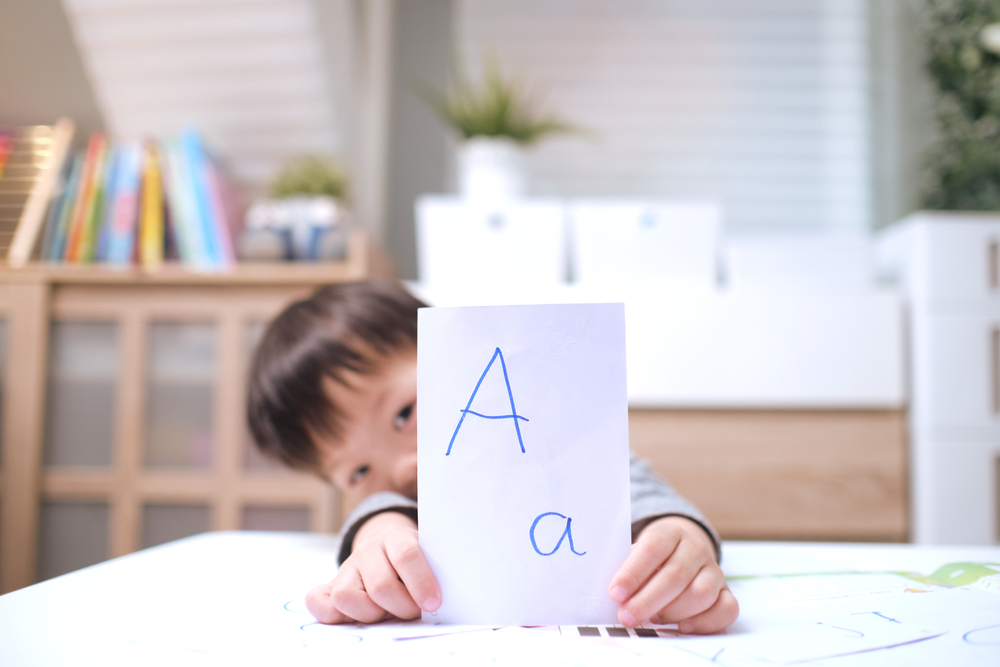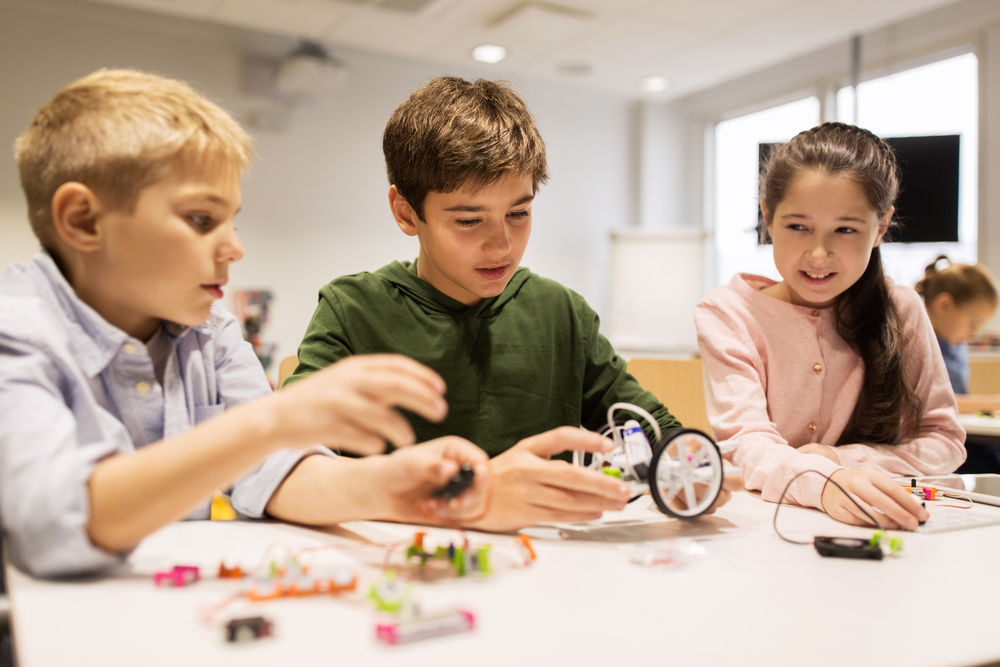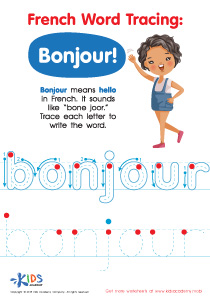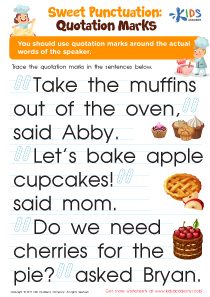Spelling improvement Extra Challenge Writing Worksheets for Ages 5-8
4 filtered results
-
From - To
Discover our Spelling Improvement Extra Challenge Writing Worksheets, specially designed for kids aged 5-8. These engaging printable worksheets help young learners advance their spelling skills through fun, interactive activities. Developed by experts, they involve creative exercises that enhance vocabulary, phonics, and word recognition. Perfect for additional practice or homeschooling, these worksheets provide the extra challenge that young minds crave, empowering them to become confident writers. Each worksheet is crafted to offer both fun and education, ensuring that children remain engaged while mastering spelling. Unlock your child's full potential with our Spelling Improvement worksheets today!
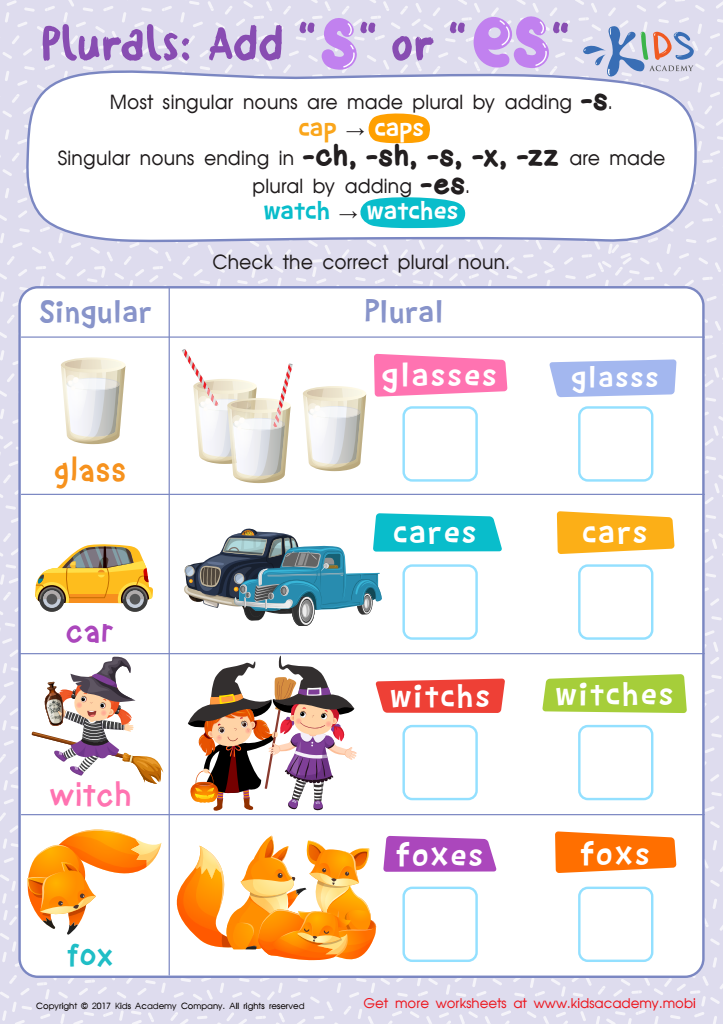

Plurals: "–es" or "–es"? Worksheet
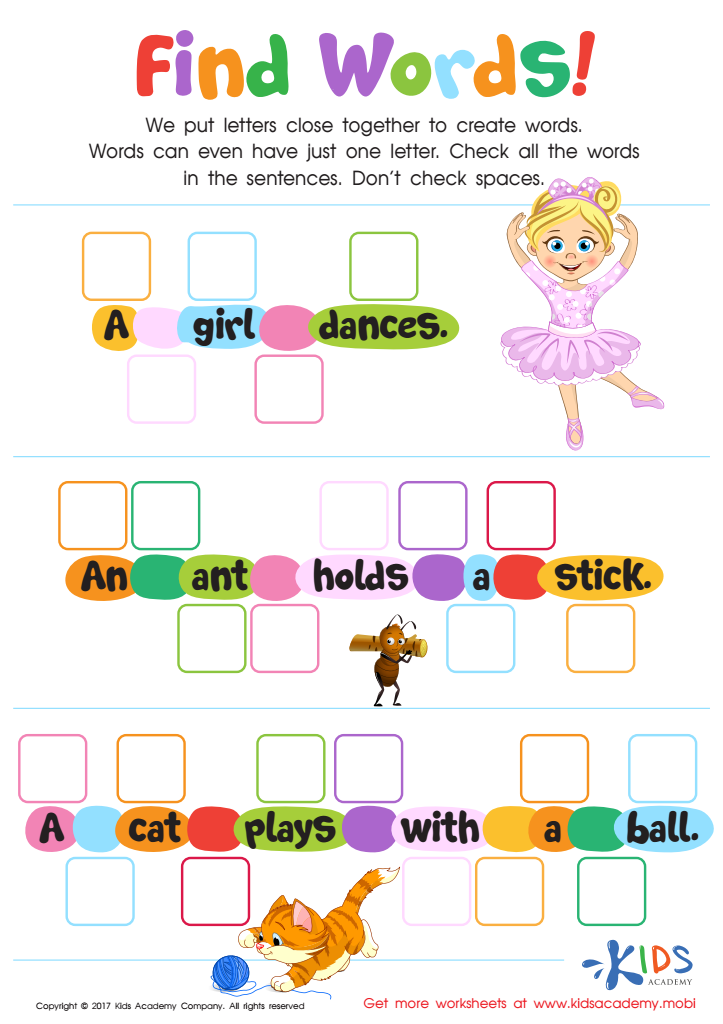

Find Words Worksheet
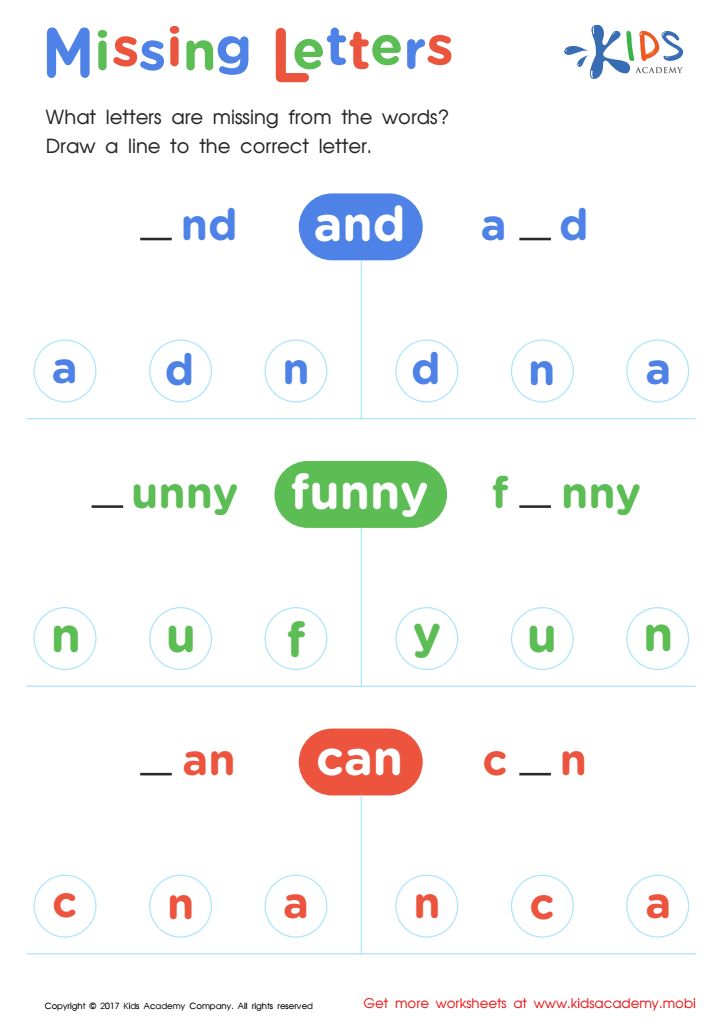

Missing Letters Worksheet
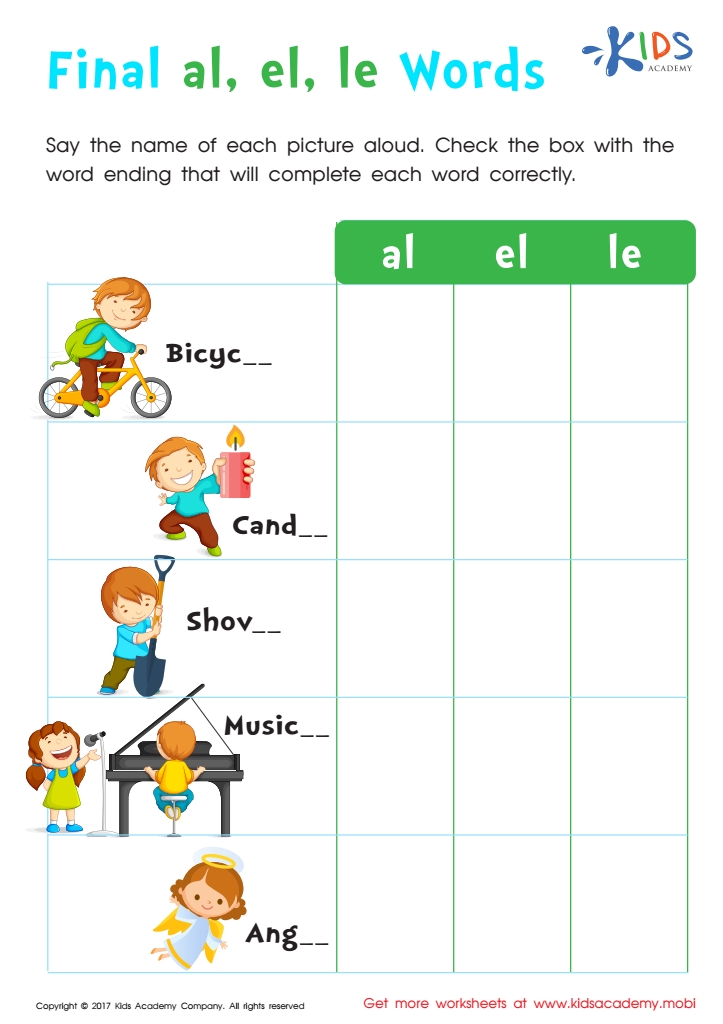

Spelling Words Ending with –le, –el and –al Worksheet
Fostering good spelling skills in children aged 5-8 through extra challenge writing activities is critical for several reasons. Firstly, spelling forms the building blocks of literacy. When children improve their spelling, they enhance their reading and writing capabilities, making communication more effective. This not only supports academic success but also boosts confidence as they navigate through more complex texts and express their thoughts clearly.
Moreover, engaging in challenging spelling activities sharpens cognitive skills such as memory, problem-solving, and pattern recognition. These are essential skills that extend beyond literacy and contribute to overall intellectual development. Providing young learners with additional spelling exercises can make this learning process fun and engaging, encouraging a positive attitude toward challenges and fostering a growth mindset.
Additionally, in our increasingly digital world where autocorrect features are prevalent, a solid understanding of spelling helps children recognize and appreciate the nuances of language. Through extra challenge writing activities, children become more attentive to detail and accuracy, reducing future over-reliance on technological aids.
Parents and teachers should place importance on spelling improvement challenges because doing so sets up a strong literacy foundation, fosters critical cognitive skills, builds confidence, and prepares children for more complex learning and communication tasks in their academic journeys and beyond.
 Assign to My Students
Assign to My Students




